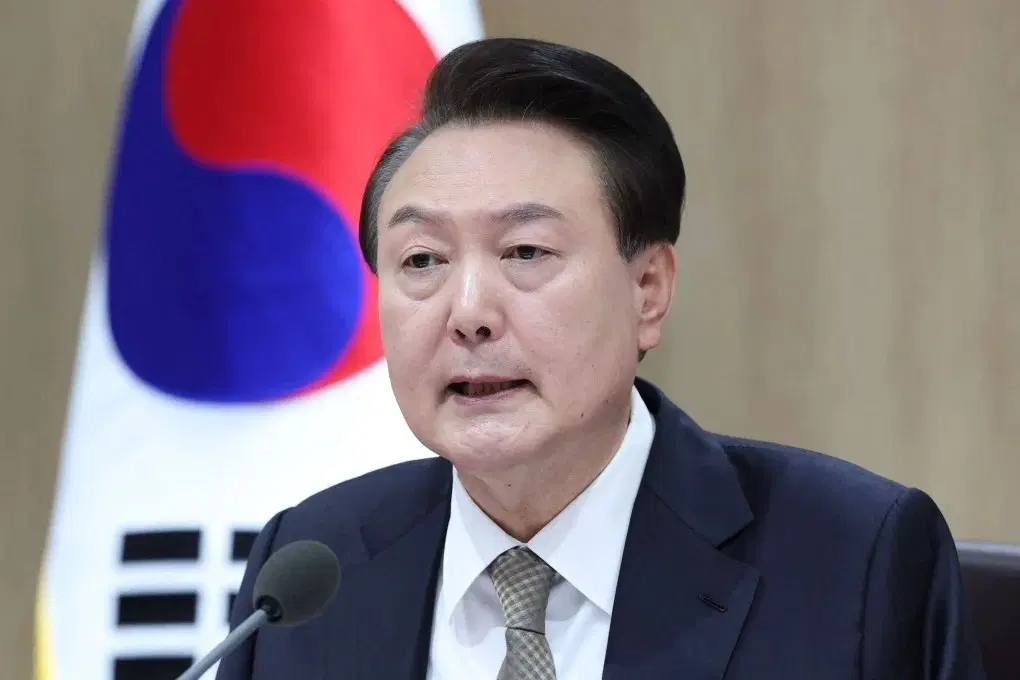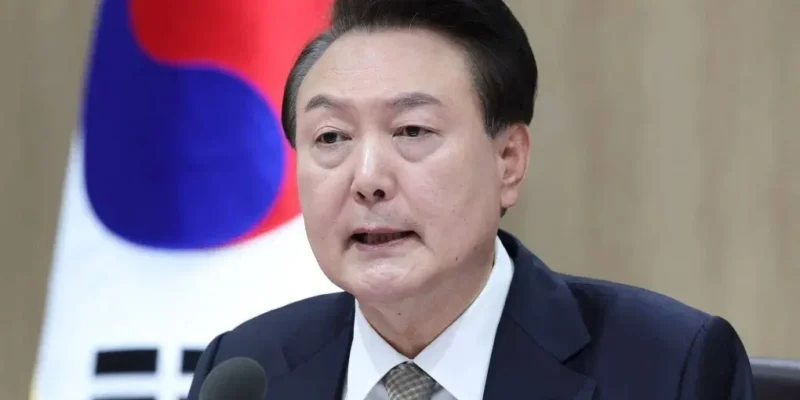
South Korea’s Constitutional Court delivered a landmark ruling on Friday, unanimously removing President Yoon Suk Yeol from office following his controversial martial law declaration in December. The court’s decision, which effectively ends Yoon’s presidency, has ignited fresh political turmoil and paves the way for new presidential elections, to be held within the next 60 days.
The impeachment stems from Yoon’s December 3 attempt to override civilian governance, deploying armed soldiers to parliament in a bid to quash legislative opposition to his martial law decree. The court ruled that Yoon’s actions violated core democratic principles, calling them an “unconstitutional and illegal betrayal of the people’s trust.”
Outside the courthouse, a tense atmosphere prevailed as supporters of Yoon clashed with anti-government protesters. While pro-Yoon groups expressed outrage, opposition lawmakers hailed the decision as “historic,” celebrating the resilience of South Korean democracy.
Yoon, who had defended his actions as a necessary measure against “anti-state forces,” faces further legal challenges, including a criminal trial on charges of insurrection. The country, without an effective head of state for several months, now faces a period of uncertainty as it grapples with the fallout from this unprecedented political crisis.
As acting president Han Duck-soo takes the reins, South Korea braces for a new election, which promises to reshape the nation’s political landscape amid ongoing economic and social challenges.

Comments